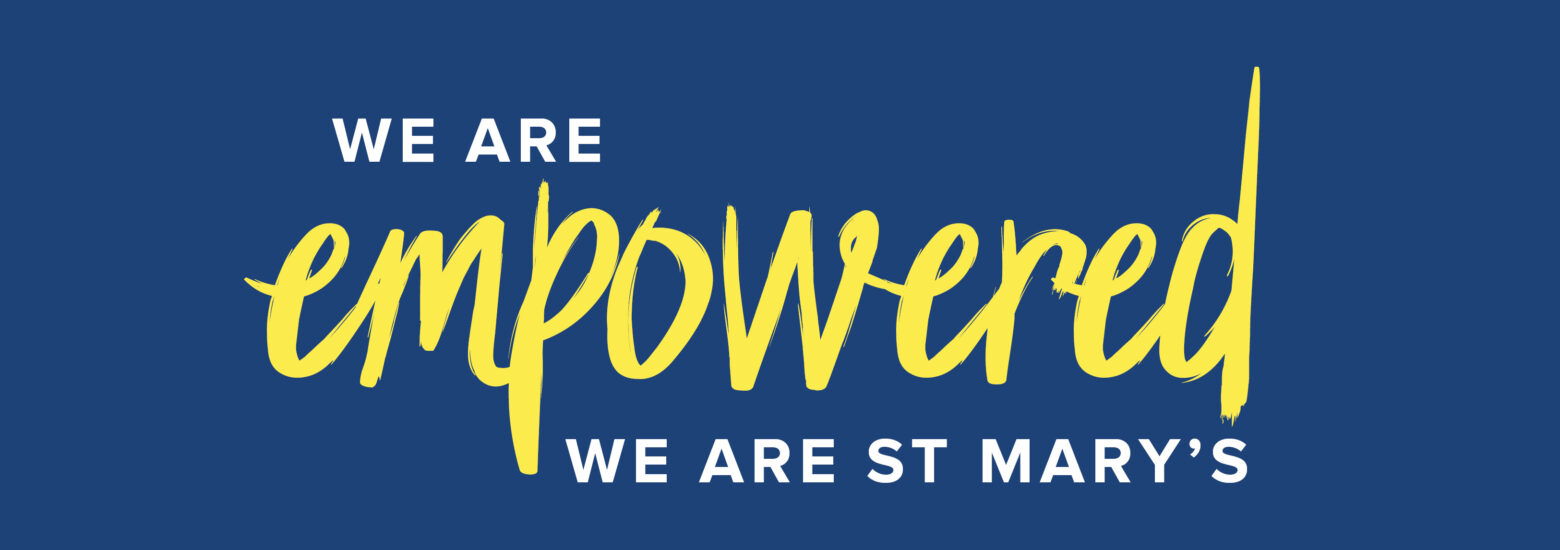STEM
Head of Faculty – Science, Technology. Engineering and Mathematics (STEM)
Mrs Bannister bannisterd@stmaryscolchester.org.uk
Mathematics
The overall aim of the Mathematics department is to encourage students to enjoy the subject and to nurture their confidence. Students learn to think and communicate mathematically – precisely, logically and creatively. Importantly, they also learn to use their mathematical knowledge and understanding to solve problems outside the classroom.
We use a wide range of teaching methods and resources, ranging from investigation and practical work, to computer and calculator assisted study, as well as teacher-led learning. The curriculum teaches content through the interleaving of topics and daily retrieval practice in the form of low-stake quizzes. These effective strategies strengthen students’ conceptual understanding and promotes the recall and application of prior knowledge to ensure high mathematical accuracy and fluency levels. In addition to mathematical fluency, the focus in every lesson is on reasoning mathematically, problem-solving, progression (and fun!).
Science
From the outset in Year 7, Science aims to inspire student’s curiosity and wonder about the world around them. We teach students to use evidence and to think scientifically so they can critically appraise claims and apply logic to problems.
A knowledge-rich curriculum allows students to appreciate the vital contribution Science makes to society. We challenge them to question the status quo and consider the possibility of one day making their own future discoveries.
Students develop skills and knowledge of how scientific understanding has grown throughout the centuries. They work on observational and practical skills with a focus on the level of literacy required to communicate clearly using accurate descriptions and deep explanations.
It is easy to be inspired by the living world. In Biology, students learn about the fundamental principles of Life, seeking to understand living organisms taking into account complex systems. However, it is when they appreciate how they came to be and our place in the world that students can begin to consider how best to move forward.
Chemistry is the study of the composition and properties of matter to explain the behaviour of matter. It seeks to investigate and explain why substances react together and how these are relevant to life – from crude oil to sunscreen.
Physics involves the study of the Universe, from immense galaxies to the smallest subatomic particles. The subject leads to great discoveries and technologies which change our lives – from treating cancer to developing sustainable energy resources.
ICT
Computers and the Internet are integral aspects of modern life. Studying Computers and IT will enable students to develop a range of knowledge and skills necessary for success in the modern world.
The curriculum combines key concepts related to computational thinking, information technology and digital literacy to provide students with skills and knowledge across the main elements of ICT and Computer Science. Whilst not everyone will pursue a career as a programmer, most people will use a variety of software applications in their everyday lives. Learning how to use software correctly and adeptly to produce effective presentations, documents or spreadsheets to convey information is an important skill for many careers. Alongside this comes the ability to develop and edit audio and visual media.
Understanding the development of computing, how computers and the Internet work, how to evaluate digital content and the ethical issues surrounding the use of computers help us to put the technology into context. Whatever technology we use, it is important they we know how to use it safely and respectfully so that we can make the most of opportunities in our future lives.

